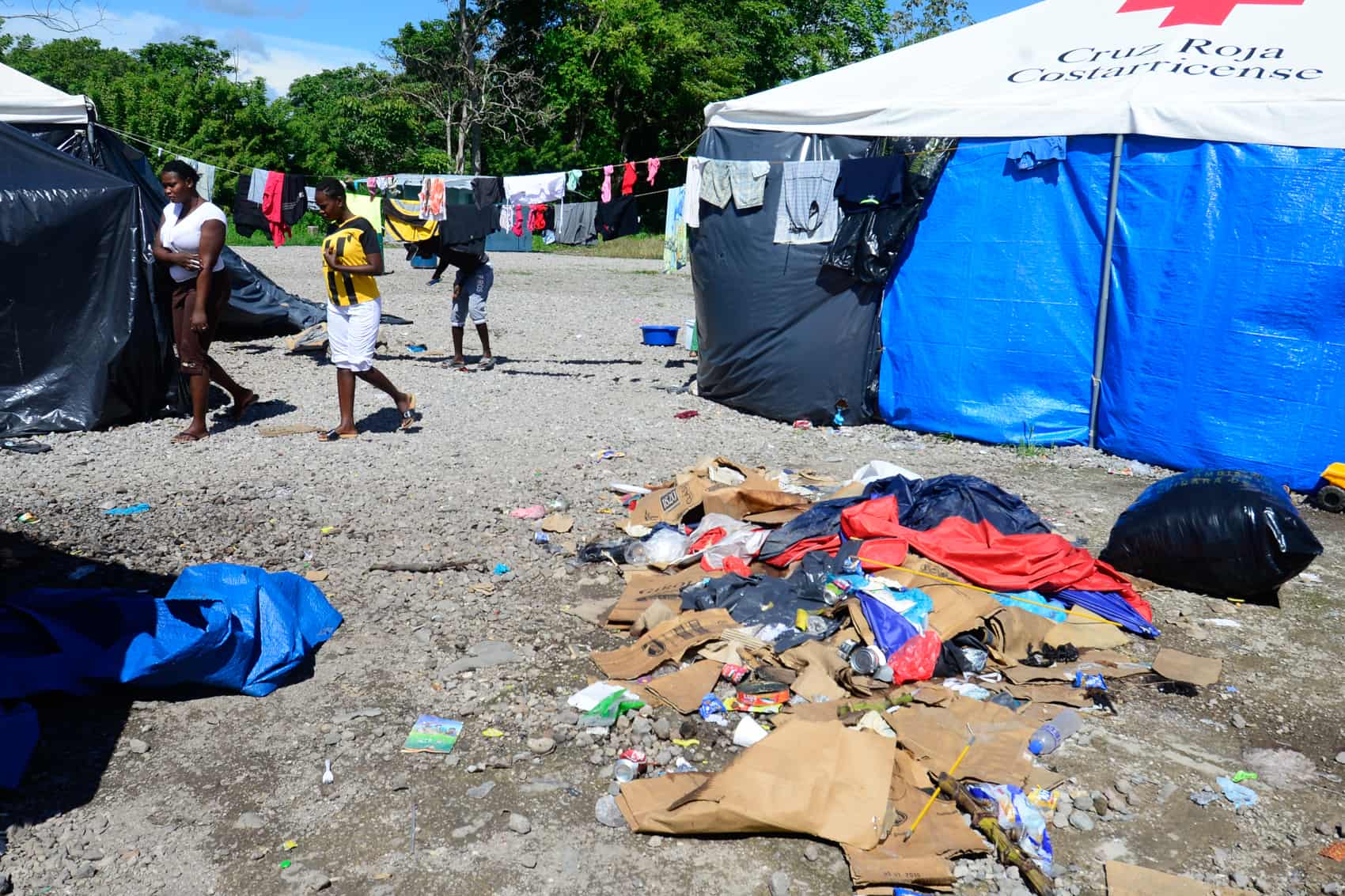The Costa Rican Minister of Security Mario Zamora confirmed that the situation in the country’s southern border is back to normal, after the riots that happened over the weekend.
On Friday, Costa Rican authorities confirmed the detention of at least 17 migrants. These individuals were in transit when they instigated a riot against the police at Costa Rica’s southern border.
Given the situation, Zamora, made a point to visit the fairground in Paso Canoas, on Saturday night. This region, which shares its borders with Panama, is notably the primary point of entry for waves of migrant caravans entering Costa Rica.
Minister Zamora emphasized that the processes at the border were unfolding in a calm and orderly manner. He praised the police forces for their continuous efforts in ensuring overall security and managing the delicate situation.
“The situation is stable and calm. Those individuals who disrupted public order have been rightly detained. They are now securely housed in the immigration detention center,” he shared in a video.
Zamora, aiming to provide a full picture of the situation, also confirmed that, thankfully, there were no subsequent incidents between Friday and Saturday.
The problems took place between Thursday and Friday. This disturbance was triggered when police, following standard protocol, confiscated food, and beverages that the migrants were selling within an improvised camp.
This particular camp, set up with good intentions by Costa Rican authorities back in May, was designed to offer support to this migrant population.
Some agitated migrants resorted to pelting the police with stones. They even briefly barred access to the facilities. This temporary shelter has become home for many migrants. Many find themselves stranded, as their unable to pay for the bus fares to continue their journey.
The bus ticket costs $30 per person, inducing children. However, financial constraints, along with fees imposed by Nicaragua, often mean extended stays in Costa Rica.
Addressing the broader context, both the Costa Rican and Panamanian governments have vocalized their urgent plea for international aid. The costs associated with humanitarian support are monumental. In a bid to manage the influx, Panama has proposed measures intended to dissuade migrants from their journey.






